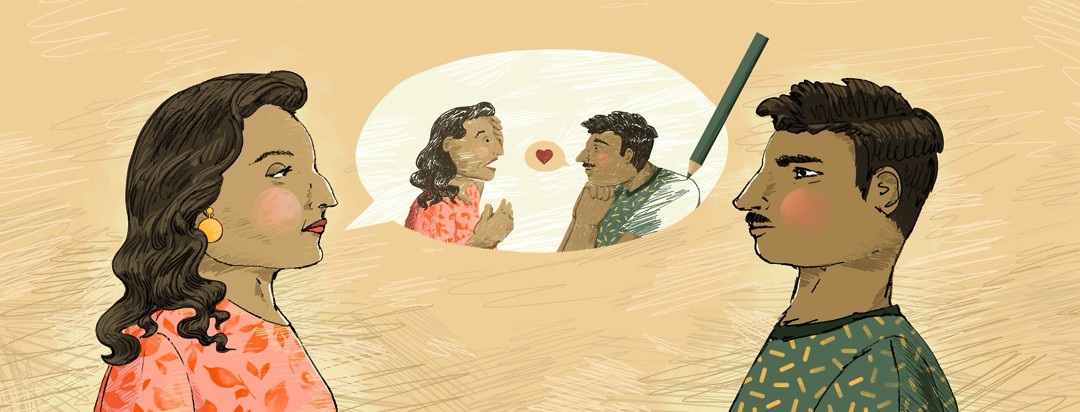Communication Strategies for Caregivers: The Art of Asking for Help
Being the primary caregiver to people with Alzheimer's is a difficult job, especially if you feel like the only person in your loved one's life who is doing any work. If you feel angry, sad, lonely, or hopeless, you are not alone. As many members of the AlzheimersDisease.net community can tell you, we have also felt those feelings. Throughout my career, I have discovered some communication strategies for caregivers that can give you a better chance of getting the help you need.
Strategy 1: use "I feel" statements
Tell people how you feel using "I feel..." statements instead of "you" accusatory statements.
Beginning a sentence with "I feel..." primes others to listen and potentially offer help, whereas starting a sentence with "you" often primes others to put up their defenses and distance themselves further. Expressing our feelings and needs to others is most effective when done face to face and one on one. In summary, clearly specify how you feel and what you need.
"I feel..." versus "you"
The inquiry: Speaking to your brother, "How is Dad, by the way? How are you?"
Unhelpful "you" statement:
"You have not visited or asked about him in weeks. Do you actually care how we are doing? Every day is a struggle, and some help would be nice."
"I feel..." statement:
"Thank you for asking. I am feeling overwhelmed. Dad keeps having accidents and getting embarrassed, so he denies having the accident. Afterward, he won't change his clothes or wear adult diapers. I wonder if he would be less embarrassed about it around you. Could we schedule a visit next week to see if you could help? Would next Tuesday work?"
Strategy 2: tell people how they can help
When someone does ask what they can do to help, tell them!
A phenomenon I frequently see in my work is that family and friends often offer help, but in a casual way that we assume is insincere. These offers come in the form of, "Can I get you anything?" or "What can I help with?" and similar phrases. Next time someone makes you this offer, assume they really want to help. Accept and offer gratitude for their assistance.
Consider what specific things others can reasonably do for you and your loved one. The more specific and concise your request, the better. Keep a running list of things you need help to accomplish so that it is easier to think of something when help is offered.
Telling people how to help
The offer:
"You seem to have a lot on your plate! Is there anything I can do?"
Item on your list: Find daytime care for mom, and get her enrolled ASAP.
Less helpful response:
"Thank you for asking. I do actually need help finding Mom an adult daycare."
More helpful response:
"Thank you for asking. I need someone to come up with a list of adult daycares in our area, with their pricing and availability, so I can choose one by the end of the month."
Featured Forum
View all responsesWhen communication strategies don't work
Sometimes, despite our best efforts, our pleas to our families and friends seem to fall on deaf ears or simply do not yield any actual help. It is helpful to acknowledge and let ourselves feel the unpleasant emotions from this sense of abandonment.
There are many online supports, AlzheimersDisease.net Facebook group for instance, and in-person support groups available to help us express these emotions.
Asking for help with Alzheimer's
Writing in a journal or speaking to a support person such as a therapist, clergy member, or mental health hotline can also help. To find other supportive resources in your area, contact your local Area Agency on Aging (or regional equivalent).
Interested in more on progression and support through Alzheimer's? Check out Alzheimer's Progression: Support Through the Stages.

Join the conversation